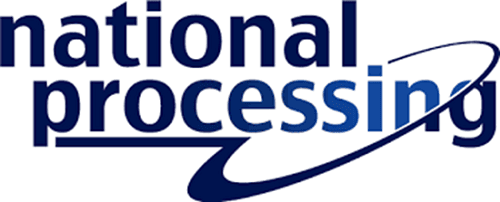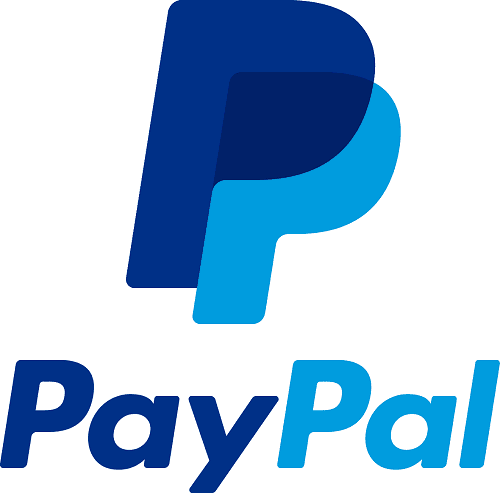Nearly every credit card processing company has some sort of free equipment offer. Some processors give you a terminal if you sign a contract while others have a free placement program in which you borrow the equipment.
Accepting free equipment sounds like a great way to save money but as a perceptive businessperson, you know that “free” often isn’t really free and you need to do the math to determine whether the free offer is the best option for your small business.
Purchasing Credit Card Processing Equipment
Buying processing hardware outright is nearly always your best bet. Although it may be a big upfront cost, it’s less expensive and less restrictive over time than other equipment options. You can keep your purchasing costs low by shopping around for the best price, choosing a basic terminal instead of a fancy POS system and asking if used equipment is available for purchase.
As you shop around for equipment, find out if the equipment is proprietary or “locked.” This is an important consideration because you don’t want your purchased equipment to be unusable if you switch processors. If you already own unlocked equipment or decide to shop for new or used equipment online, ask your new processor how much it charges to reprogram the equipment, including shipping and handling costs and how long the process takes. Many processors offer this as a free service.
Free Credit Card Terminals
Although “free” sounds fantastic, even the best processors may require you to sign a contract in return for free equipment. The best contract terms for free equipment are one year and then go forward on a month-to-month basis. Most free equipment contracts last for three years and many renew automatically for two-year terms. Some companies require you to sign up for a different pricing plan if you accept free equipment.
Also, some processors may charge you the full price of the terminal in addition to an early termination fee if you end your relationship with the company before your contract expires. Before accepting free equipment, consider whether being tied to a contract or paying higher processing costs is worth cutting out the purchase price of the equipment.
Free Placement Programs
These may sound like a good deal and many processors offer this option but, as with free equipment offers, you might be required to sign a long-term contract. When your contract expires or you switch processors, you have to return the equipment.
Many free placement programs charge monthly fees and some have additional monthly minimums that you must meet to avoid penalty fees. Be sure to request the contract and a list of all the fees associated with the program, such as insurance or maintenance fees, to read over before you agree to such an arrangement.
Leasing Equipment
Many processors encourage you to accept a lease on equipment because it’s a very lucrative arrangement for them. Some reps give persuasive reasons for leasing equipment, such as “it’s like a cell phone plan” or “many customers choose to lease for tax reasons.” However, consider every other option carefully before you lease equipment as this is generally one of the worst decisions a small business can make when setting up credit card processing.
Consider these leasing myths and truths:
Leasing myth No. 1: It’s like getting a cell phone because if the equipment breaks, the processor will replace it.
Truth: While this is technically true, most equipment comes with a manufacturer’s warranty and you might be able to purchase an extended warranty or insurance. If your purchased equipment breaks while under warranty or insured, the manufacturer replaces the equipment anyway, according to the terms of the warranty or insurance.
Leasing myth No. 2: It’s easier to update to the newest model if you lease your equipment.
Truth: This myth assumes that if you purchase equipment, you probably keep it longer than the four-year term of your lease. The processor expects that when your lease expires, instead of purchasing your existing equipment, you’ll take out a new lease on new equipment. However, the money you save by purchasing the equipment outright puts you in a better position to buy new equipment when it becomes available.
Leasing myth No. 3: Leasing is better for tax write-offs since you’ll have an expense that you can write off yearly instead of a one-time purchase.
Truth: The long-term expense of leasing is still higher than the cost of purchasing equipment outright, even if you factor in the tax write-offs you expect to receive. If you’re considering leasing for these tax reasons, do the math to verify that the costs and savings are what they’re purported to be.
Remember, leasing is short-term cheap and long-term expensive. You’ll often find that you could have purchased the equipment several times over with what you paid over the life of the lease. Additionally, most equipment leasing contracts are noncancelable, which means that you can’t return the equipment ― and you pay a fee to get out of it. Even if your business fails, you return the equipment and you get out of your processing contract, you’ll still be held personally responsible for the remaining time on your equipment lease.













